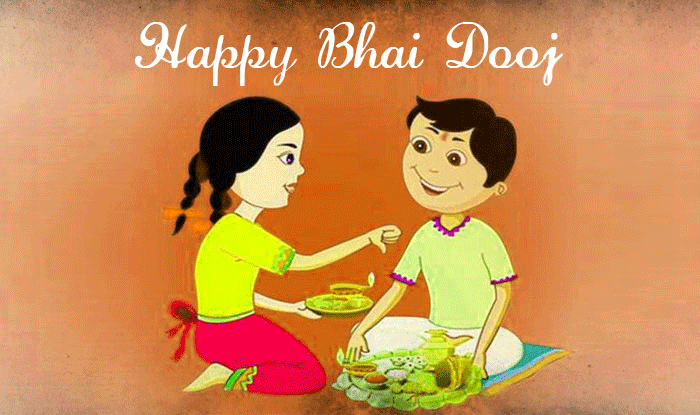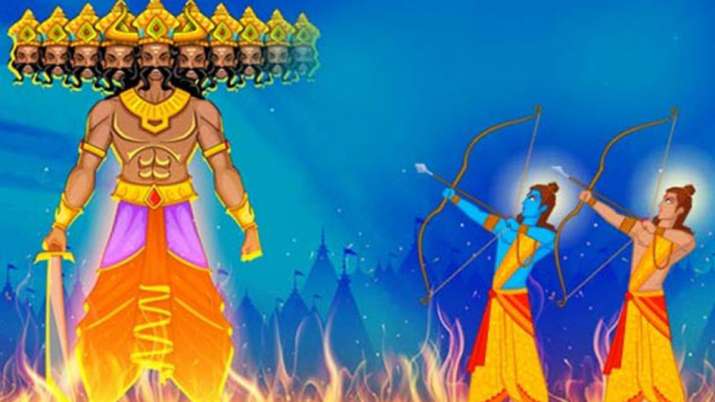Let's celebrate Christmas
Christmas is an annual festival commemorating the birth of Jesus Christ, observed primarily on December 25 as a religious and cultural celebration among billions of people around the world.A feast central to the Christian liturgical year, it is preceded by the season of Advent or the Nativity Fast and initiates the season of Christmastide, which historically in the West lasts twelve days and culminates on Twelfth Night; in some traditions, Christmastide includes an octave.Christmas Day is a public holiday in many of the world's nations is celebrated religiously by a majority of Christians, as well as culturally by many non-Christians.
Let's celebrate Bhai Dooj

Bhai Dooj, Bhai Tika is a festival celebrated by Hinduson the second lunar day of Shukla Paksha (bright fortnight) in the Vikram Samvat Hindu Calender or of Shalivahan Shaka calendar month of Kartika. It is celebrated during the Diwali or Tihar festival and Holi festival.
The celebrations of this day are similar to the festival of Raksha Bandhan On this day, brothers give gifts to their sisters.
Let's celebrate Vishwakarma Day
Bhai Dooj, Bhai Tika is a festival celebrated by Hinduson the second lunar day of Shukla Paksha (bright fortnight) in the Vikram Samvat Hindu Calender or of Shalivahan Shaka calendar month of Kartika. It is celebrated during the Diwali or Tihar festival and Holi festival.
The celebrations of this day are similar to the festival of Raksha Bandhan On this day, brothers give gifts to their sisters.
Let's celebrate Vishwakarma Day

Vishwakarma Jayanti is a day of celebration for Vishwakarma, a Hindu god, the divine architect. He is considered as swayambhu and creator of the world. He constructed the holy city of Dwarka where Krishna ruled, the Maya Sabha of the Pandavas, and was the creator of many fabulous weapons for the gods. He is also called the divine carpenter, is mentioned in the Rig Veda, and is credited with Sthapatya Veda, the science of mechanics and architecture.
Let's celebrate Diwali
Diwali, Deepavali or Dipavali is a four-to-five day-long (varying as per the Hindu Calendar) festival of lights, which is celebrated by Hindus, Jains, Sikhs and some Buddhists every autumn in the northern hemisphere (spring in southern hemisphere). One of the most popular festivals of Hinduism, Diwali symbolises the spiritual "victory of light over darkness, good over evil and knowledge over ignorance."
The religious significance of Diwali varies regionally within India. The festival is associated with a diversity of deities, traditions, and symbolism. These variations, states Constance Jones, may reflect diverse local autumn harvest festivals that fused into one pan-Hindu festival with a shared spiritual significance and ritual grammar while retaining local traditions.
One tradition links the festival to legends in the Hindu epic Ramayana, where Diwali is the day Vishnu's avatar Rama, Lakshmi's avatar Sita, Shesha's avatar Lakshmana, and Shiva's avatar Hanuman reached Ayodhya after a 14 year period in exile and Rama's army of good defeated the demon king Ravana's army of evil in the Treta Yuga.
Celebrate Dhanteras

Dhanteras , also known as Dhanatrayodashi or Dhanvantari Trayodashi, is the first day that marks the festival of Diwali in India and the festival of Tihar in Nepal.
Dhanteras is celebrated on the thirteenth lunar day of Krishna Paksha (dark fortnight) in the Vikram Samvat Hindu calendar month of Karthik. Dhanvantari, who is also worshipped on the occasion of Dhanteras, is the god of Ayurveda who imparted the wisdom of Ayurveda for the betterment of mankind and to help rid it of the suffering of disease.
The Indian ministry of Ayurveda, Yoga and Naturopathy, Unani, Siddha and Homoeopathy, announced its decision to observe Dhanteras, as the "National Ayurveda Day" which was first observed on 28 October 2016.
Dusshera

Dussehra (Vijaya Dashami, Dasara, or Dashain) is a Hindu festival that celebrates the victory of good over evil. It is a gazetted holiday in India, which is marked on the 10th day of the bright half (Shukla Paksha) of the month of Ashvin (, according to the Hindu calendar.




No comments:
Post a Comment